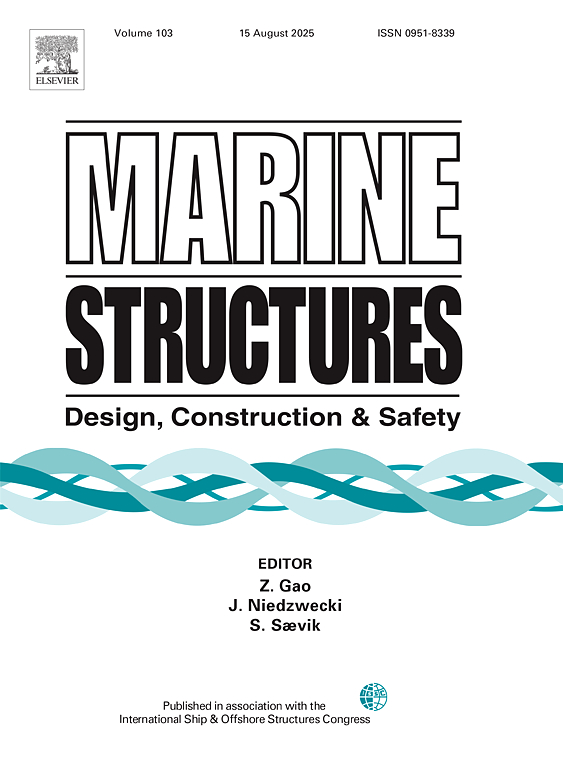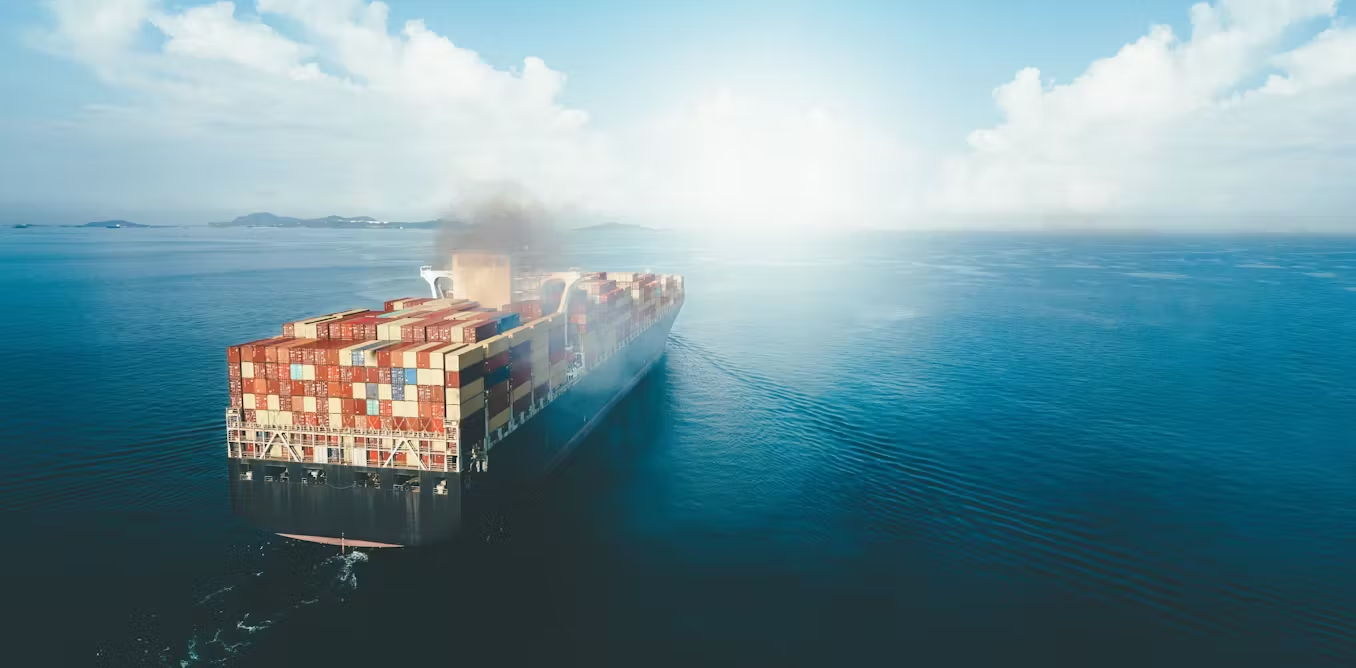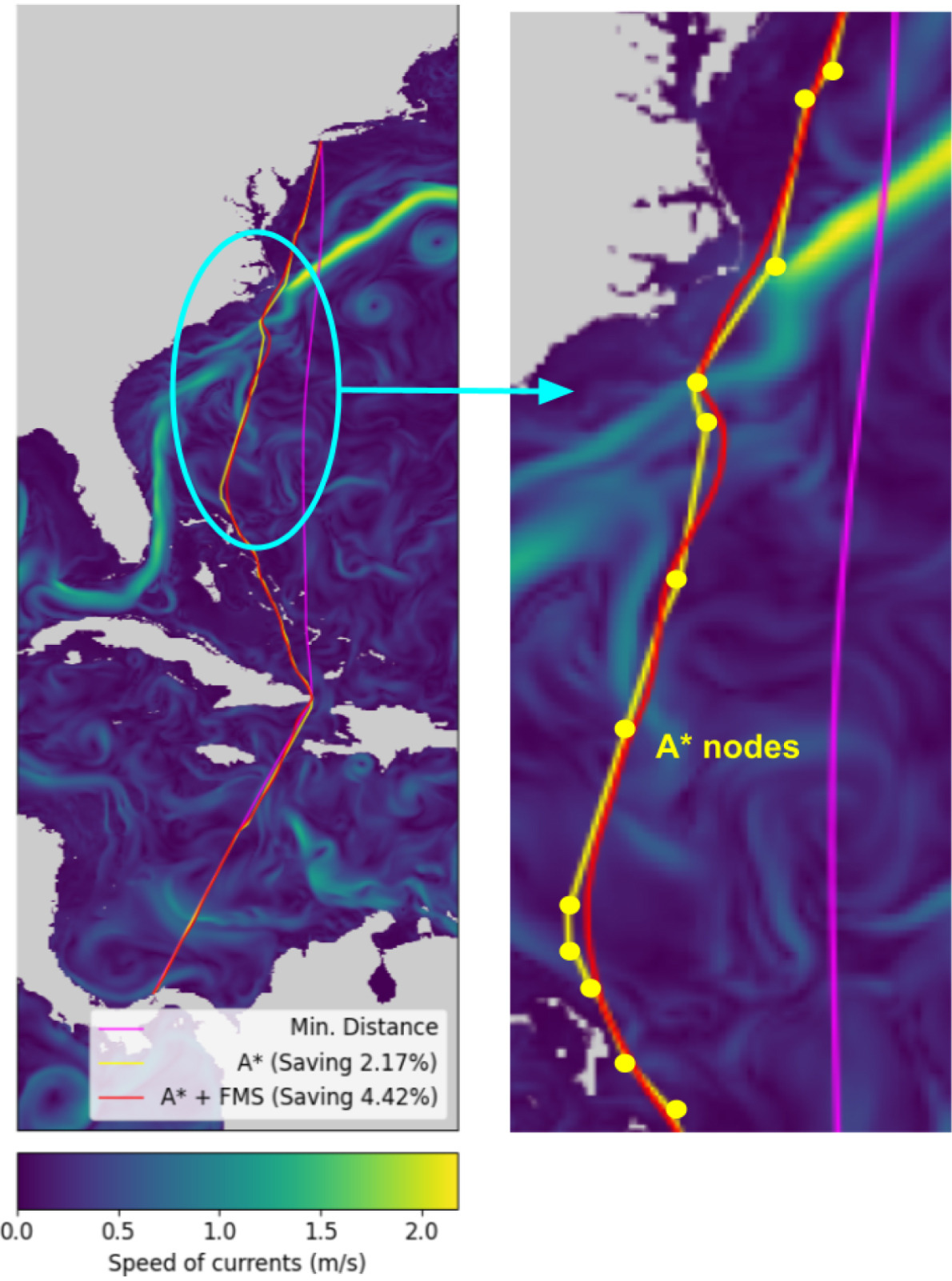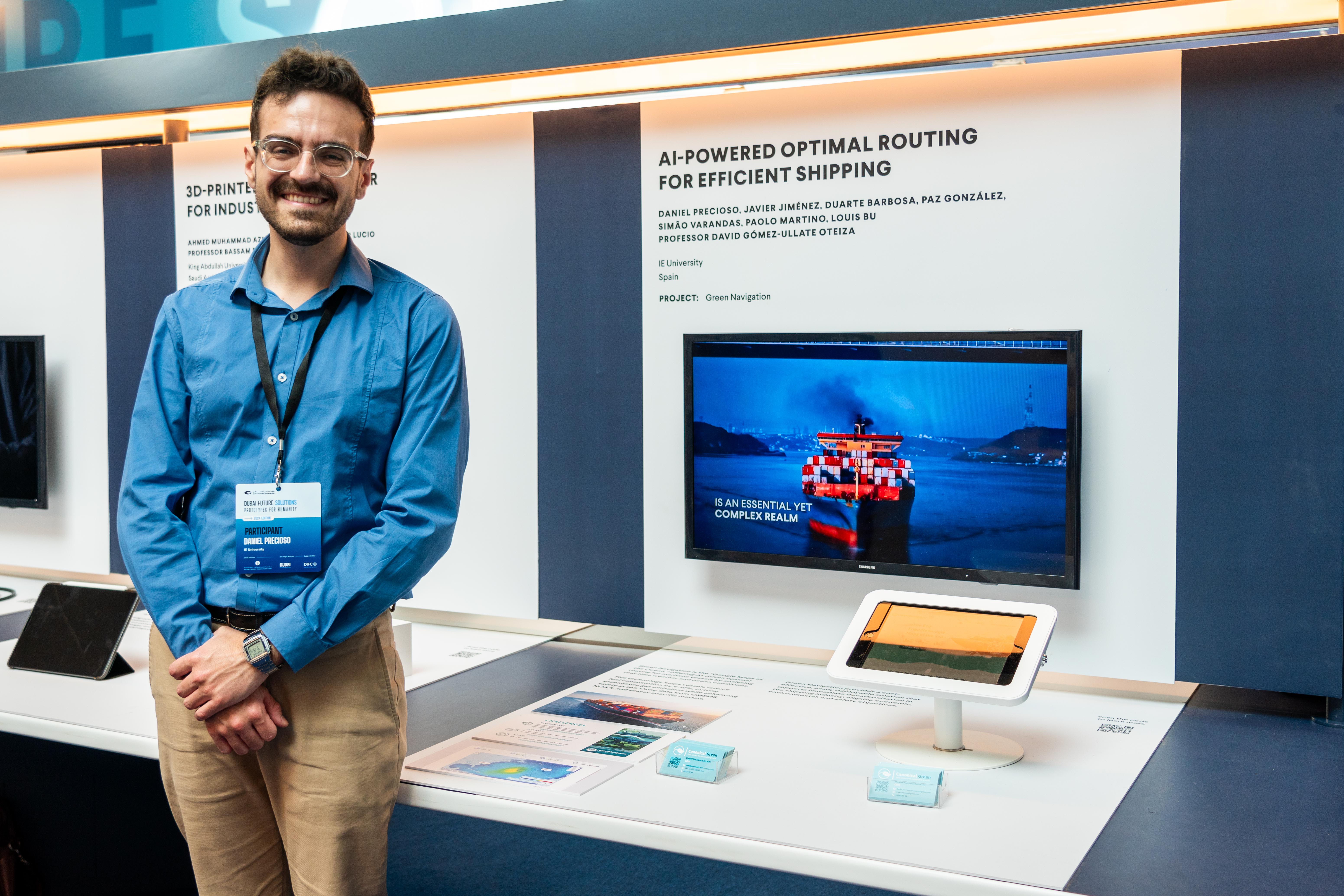New publication on the design of LNG and LPG ships
Published:
A new research paper co-authored by members of the Weather Navigation team has been published in Marine Structures (Elsevier, Vol. 104, October 2025). The study addresses a key challenge in modern ship design: how to improve the preliminary design process for LNG and LPG ships by leveraging statistical models and machine learning.
The paper, authored by researchers from Universidad de Cádiz and IE University, analyzes a unique industrial dataset of 467 gas carriers built between 1979 and 2023 by Hyundai Heavy Industries. The database includes 145 LNG and 322 LPG ships, representing roughly 20% of the global fleet, and offers a rare empirical foundation to explore the complex relationships between ship dimensions, deadweight, speed, and hull ratios.

The work explores how simple and multiple regression analyses, using functional forms such as linear, exponential, and logarithmic regressions, can be used to derive predictive formulas for key ship characteristics. These are benchmarked against machine learning algorithms, which show promise in capturing hidden, non-linear dependencies in the data, though with less interpretability compared to traditional methods.
From a practical standpoint, the results provide designers and engineers with updated predictive tools for estimating main ship dimensions in the early design stage. This is especially valuable in an industry where prototypes are not constructed, and accurate early estimates are critical to avoid costly redesigns. The models help optimize design choices based on known constraints, such as port limits, energy consumption, and regulatory frameworks.
This publication also contributes to the scientific effort to support low-emission maritime transport, given the rising role of LNG and LPG as transitional fuels. The improved design tools can guide more energy-efficient and sustainable vessel construction.
This research is supported by:
BBVA Foundation via the project “Mathematical optimization for a more efficient, safer and decarbonized maritime transport”.
Spanish Agencia Estatal de Investigación under grant TED2021-129455B-I00, “Optimization of maritime routes with real time oceanographic and meteorological data”.



